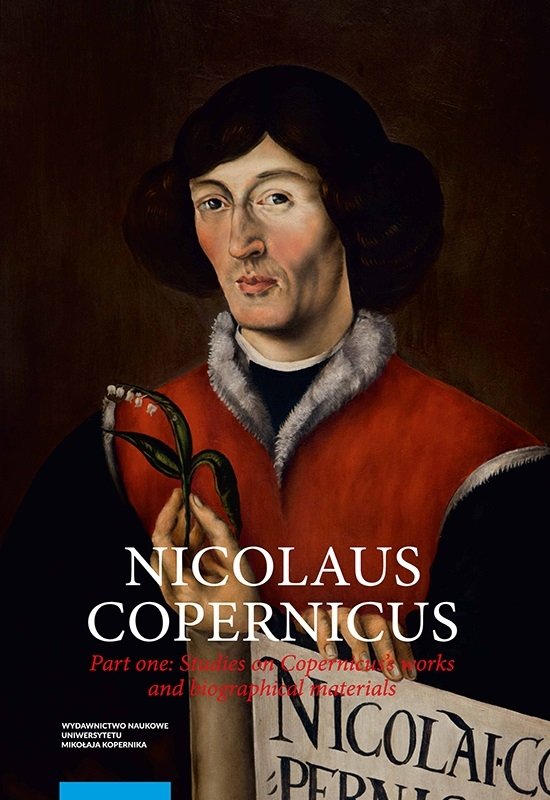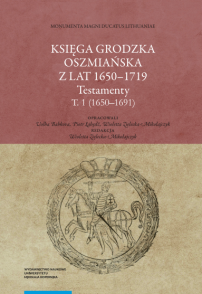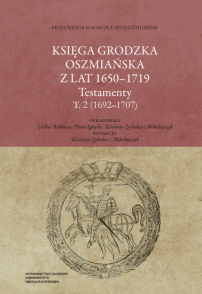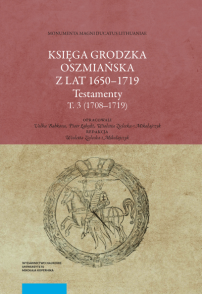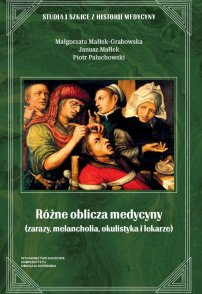TRANSLATED WITH NOTES AND COMMENTARY BY André Goddu
Ludwik Antoni Birkenmajer's Nicolaus Copernicus (Cracow, 1900) represents a pio-neering effort to explain Copernicus's major achievement in astronomy based on documents and sources, many of them Birkenmajer's own discoveries. It was arguably the most original study of Copernicus's astronomy from the 19th century in that Birkenmajer realized that Copernicus's objections to Ptolemaic astronomy applied not just to the so-called equant model but also to eccentrics and to the failure of geocentrists to achieve consensus on the ordering of the planetary spheres. In addition, Birkenmajer contributed to the reconstruction of Copernicus's astronomical calendar, record of observations, and calculations that went into both Commentariolus (ca. 1510) and De revolutionibus (1543).
Written and published in Polish, it was almost completely ignored outside Poland until 1976 when Jerzy Dobrzycki and Owen Gingerich commissioned and supervised a selective translation into English. Thanks to their efforts, André Goddu was inspired to try his hand at a complete translation, contributing also an introduction, commentary, and afterword that together attempt to clarify, correct where needed, and amplify Birkenmajer's and Copernicus's major achievements.
Ludwik Antoni Birkenmajer was the descendant of a German conscript into the Napoleonic army, who was injured during the Russian campaign, treated in a hospital in eastern Poland, and remained there. Ludwik was born in the small town of Lipsko in 1855, and attended a classical gymnasium in Lviv, where he was trained in mathematics and in Greek and Latin. He studied mathematics and physics at the universities in Lviv and Vienna. With such a training he was almost uniquely prepared to examine Copernicus's major works in their humanistic, philological, and mathematical dimensions.
He secured a teaching position at an agricultural school near Cracow. He met Franciszek Karliński, director of the Astronomical Observatory of the Jagiellonian University, married his daughter, and while working on other scientific projects, developed an interest in late medieval and Copernican astronomy. Scandalized by the approaches developed by other, particularly German, scholars, who either completely neglected to explain the origin of Copernicus's theory, or misunderstood and misinterpreted it, he decided to undertake a thorough re-examination of Copernicus's achievement.
By 1890 Birkenmajer began to lay the groundwork for a scientific biography of Copernicus and the new edition of De revolutionibus. In 1896 in celebration of the 500th anniversary of the founding of the Jagiellonian University, the Academy of Arts in Cracow proposed a new edition of Copernicus's complete works and a biography of Copernicus. Birkenmajer was charged with the execution of a major part of the project. As it turned out, the task was more enormous than even Birkenmajer had foreseen, and instead of completing the biography continued for the remainder of his life until his death in 1929 to gather and publish more materials.
André Goddu received his Ph.D. from University of California, Los Angeles in 1979. From the start, even in his study of William of Ockham's physics, he had an eye on the background of the scientific revolution and its relation to medieval science and philosophy. By 1991 his research had almost completely turned to Copernicus, especially to illuminate his sources and the origin of the heliocentric theory. He took up the project of translating Birkenmajer's major work in 2014, and with encouragement from Jarosław Włodarczyk, and with his assistance and that of his colleagues from the Polish Academy of Sciences, completed it in 2020. He is the author of Copernicus and the Aristotelian Tradition: Education, Reading, and Philosophy in Copernicus's Path to Heliocentrism (Leiden–Boston, 2010).
